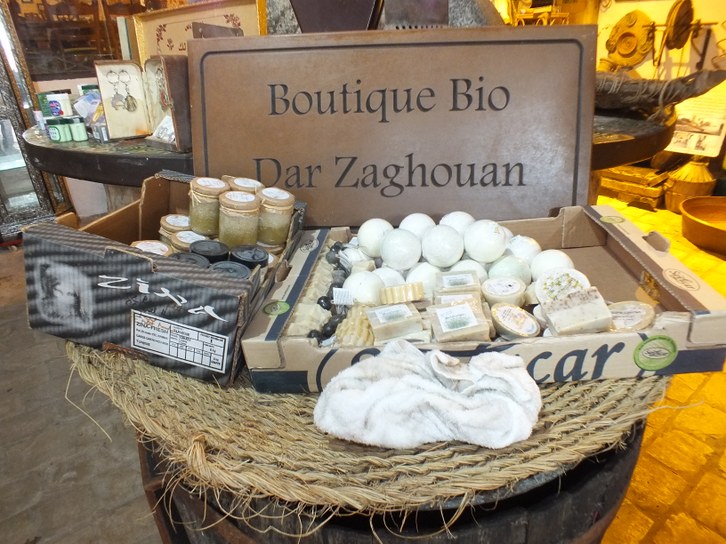SwitchMed: pilot projects to promote green entrepreneurship and sustainable consumption and production in the Southern Mediterranean region

Several pilot projects launched in the framework of the EU-funded SwitchMed programme in the Southern Mediterranean countries, are being implemented at different stages. From the production of chocolate and other foodstuff from dates in Algeria, to the implementation of the circular economy concept in eco-chalets in Tunisia or improving solid waste management in the hotel industry in Jordan, the aim of these projects is to support green entrepreneurs implement eco-friendly business ideas and promote the implementation of Sustainable Consumption and Production policies.
In Algeria, the 2 pilot projects have kicked off at the beginning of 2017. At this right moment, the team of Rima Dates Company is building its expertise in the art of making responsibly sourced handmade chocolate, date syrup, date vinegar and date oil. On the other side of the country, the managers of the textile Workshop ‘Atelier le Printemps’ in Bejaia are identifying their needs and developing a plan of activities with the experts who will travel to Algeria in May 2017.
In Tunisia, the 3 projects are running effectively. With Dar Zaghouan, the feasibility study on the implementation of the circular economy concept in their new eco-chalet is being finalized and a specific plan of actions to be developed in order to be awarded with a Clé Verte Eco-label is ready. Sabra Olive oil and the experts are working hand in hand to complete the audit on the valorisation of the olive by-products, which will define the next step of the project. They also looked at the compliance of the company with the criteria or the Tunisian eco-label under development. Tunisia Ecotourism is developing three eco-tours for tourists with the help of the programme’s experts, but are becoming more and more independent in creating such innovative products!
Based on Zarghouan’s and Tunisia Ecotourism’s projects, a guidebook on the eco labelling application processes for small and medium tourism facilities of the South Mediterranean Region will be soon published.
Other demonstration projects in Egypt, Israel, Jordan and Palestine are direct implementation of their Sustainable Consumption and Production National Action Plans developed under the SwitchMed National Policy component in 2014-2016. The Ministries of Environment, under the direct supervision of the national focal points, coordinate the demonstration projects and ensure an output-oriented timely delivery.
The SwitchMed sustainable consumption and production programme aims to promote a switch by the Mediterranean economies towards sustainable consumption and production patterns and green economy, including low-emission development, through demonstration and dissemination of methods that improve resource and energy efficiency. It also seeks to minimise the environmental impacts associated with the life cycle of products and services and, where possible, to promote renewable energy.
Read more
More about all SwitchMed pilot projects here




























 Syria
Syria 





